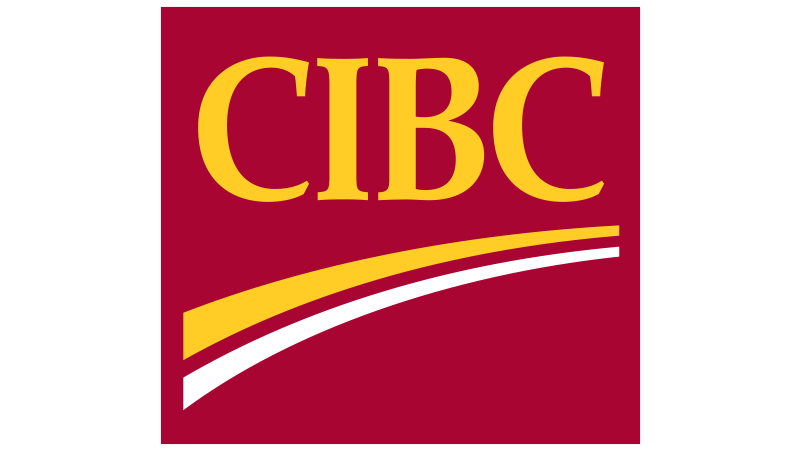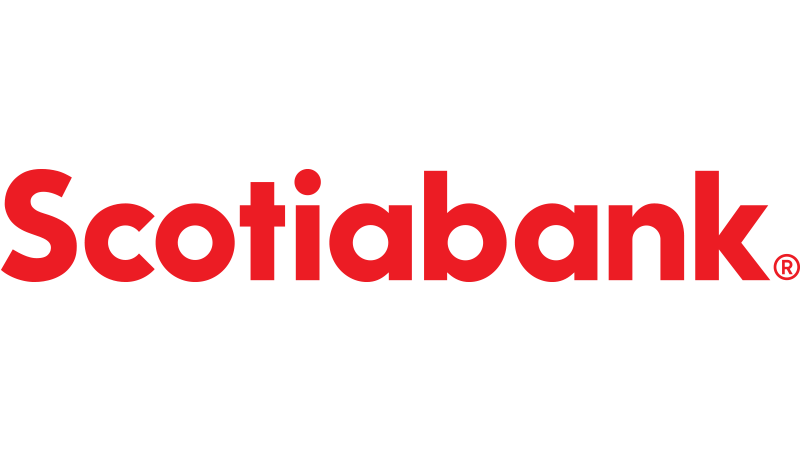Performance claims: Insights for marketers from the Competition Bureau
The CMA’s Senior Manager, Regulatory and Consumer Affairs, reached out to the Competition Bureau to get their perspectives on what marketers need to know about performance claims.
What are performance claims?
Performance claims provide consumers with important information about products or services that allow them to make informed purchasing decisions. When consumers buy a product, they trust and expect that the performance claims are based on sound testing and will perform as advertised. The Competition Bureau’s position is that untested performance claims can mislead consumers into buying one product over another, undermining a fair and properly functioning marketplace and harming Canadians.
The misleading advertising provisions of the Competition Act prohibit making any kind of deceptive claim to promote a product, service or business interest. The law also prohibits performance claims that are not based on adequate and proper testing. This includes any form of statement, warranty or guarantee of a product’s performance, efficacy or length of life.
What do brands and marketers need to know about performance claims?
To determine if a performance claim is supported by adequate and proper testing, the Bureau looks at various elements. For example, to be considered adequate and proper, the testing must:
Be conducted before the performance claims are made,
Be done under controlled circumstances to eliminate external variables,
Eliminate subjectivity as much as possible,
Reflect the real-world usage of a product (such as in-home or outdoor use),
Support the general impression created by the marketing claims.
Marketers should avoid:
Making broad or vague claims based on testing that is only partially relevant,
Basing performance claims on test results that are insignificant or based on mere chance or one-time-effect,
Basing performance claims on studies or sales of similar products,
Basing performance claims on technical books, bulletins, and manuals, or anecdotal stories.
Performance claims can take many forms, whether it’s product labelling, or words, images and design elements on a website or social media. They may also include the keywords in website metadata or online advertising campaigns used to attract customers to a website.
When claims relate to health or safety, the standard for an adequate and proper test may even be higher. For instance, companies making claims about their product’s health-related properties, such as weight loss, may want to adopt high testing standards.
We encourage marketers to always ask themselves: “What is the general impression conveyed by my ad?” and to review their marketing concepts where appropriate. Marketers should also remember to test it before they market it!
Any tips for influencers and brands working with influencers?
It is important to remember that the Competition Act applies to influencer marketing just as it would to other traditional forms of advertising.
Therefore, influencers should be honest and base any reviews and testimonials on actual experience. Influencers must be honest about what the product has done for them and avoid broad claims about a product’s performance. If there isn’t testing or proof to back up their performance claims, they should stick to their own personal experience when reviewing a product.
In influencer marketing, brands share the responsibility with influencers when they post advertisements on social media. As a result, brands may also be liable for false or misleading content posted by an influencer they work with.
It’s also important to remember that the law requires influencers to clearly disclose their connections with the business, product or service they promote. There is a connection if the influencer receives money, commissions, free products or services, discounts, travel perks or tickets to events, or has a business or family connection with the brand, among other things. The disclosure of any connection must be visible, clear, and contextually appropriate on all platforms.
Read the Bureau’s best practices to follow when disclosing connections with brands, marketers and influencers and the CMA’s primer on what you need to know about influencer marketing rules.
What are some common missteps by brands?
Testing that is relevant to only one portion of the claim, or under only one condition of use is insufficient when making broad performance claims. For example, where a national claim of energy savings relates to the tested performance of a heat pump, if it is shown that the test was conducted under Southern Ontario's climatic conditions for instance, the results should not be generalized to all areas of the country.
Testing results must not only be significant but must also be meaningful. For example, a claim that an air conditioner is quieter than another brand’s, where the difference cannot be detected by the human ear, should not be used.
While consumer panel testing of product characteristics perceptible only to the senses can sometimes establish relative superiority, they cannot usually quantify its extent. Consequently, such testing, if proper, could substantiate claims such as "feels softer" or "tastes better," but not a claim such as "three times softer."
Over the past few years, the Bureau has taken action in the sports, health, telecom and weight loss industries to address performance claim concerns. Information about the investigations and outcomes can be found on the Bureau’s website.
What steps can a business take to be compliant?
Businesses should:
Know the law: In Canada, the Competition Act prohibits any performance claims that are not based on adequate and proper testing, which must be conducted before the claims are made. The Competition Act also prohibits false or misleading claims about any product, service, or business interest. The Textile Labelling Act and the Consumer Packaging and Labelling Act also prohibit false or misleading claims on the labels and advertising of consumer textile articles and prepackaged products.
Review your marketing practices: Conduct a comprehensive review of your marketing practices to identify any claims that could be misleading to consumers. This may include claims on websites, social media and product labelling. It may also include the keywords in website metadata or online advertising campaigns used to attract customers.
Take corrective action: Take immediate action to correct any potentially false, misleading or untested claims and ensure your marketing practices comply with the law.
Promote continued compliance: Businesses of all types and sizes can minimize their risk of engaging in false or misleading advertising and other anticompetitive activity by maintaining a corporate compliance program.
What are some red flags for consumers and how can consumers protect themselves?
Consumers often rely on performance claims when making purchasing decisions. To make an informed decision, consumers need accurate information. Most consumers typically trust a company’s performance claims as they have no way to assess the claim’s soundness.
Consumers should therefore stay vigilant and keep the following in mind:
If it looks too good to be true, it probably is.
Take the time to carefully examine posts on social media where influencers promote a product and consider that the influencer’s testimonial and performance claims might be paid or compensated by the brand.
When in doubt, do some research about the claims. Ask the company about their process, consult multiple sources, read reviews from consumers, and consider that sometimes some, or all, of the reviews may not be legitimate.
If a consumer suspects that a company or individual is making unsupported performance claims, a complaint can be filed with the Bureau. Consumers expect and deserve truth in advertising and the Bureau will not hesitate to take action where needed.
Where can businesses get more information?
Businesses can visit the Bureau’s website for more information about performance claims, influencer marketing best practices, to test their deceptive marketing knowledge through a compliance bootcamp quiz, and more.
Author: Josephine Palumbo, Deputy Commissioner - Deceptive Marketing Practices Directorate, Competition Bureau
















